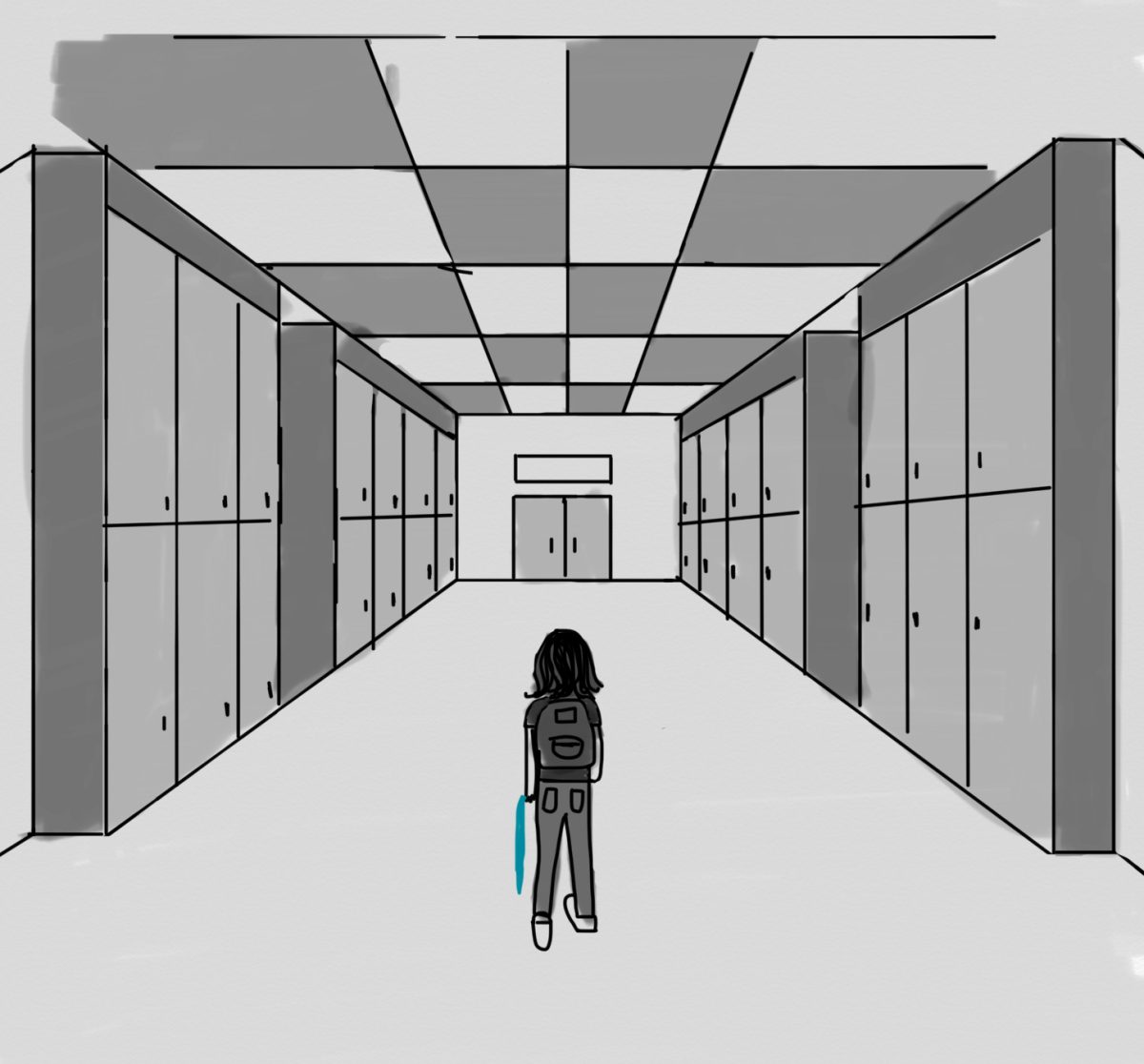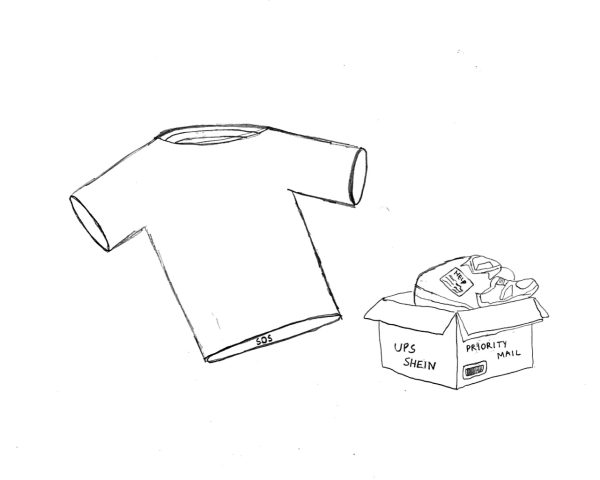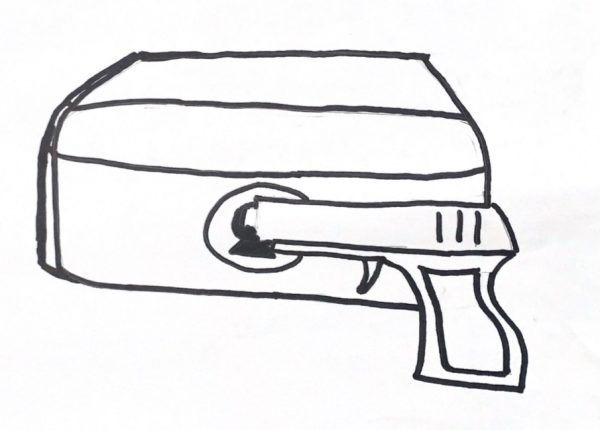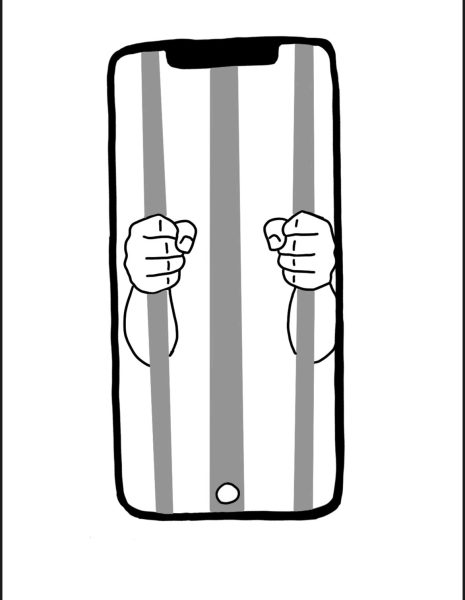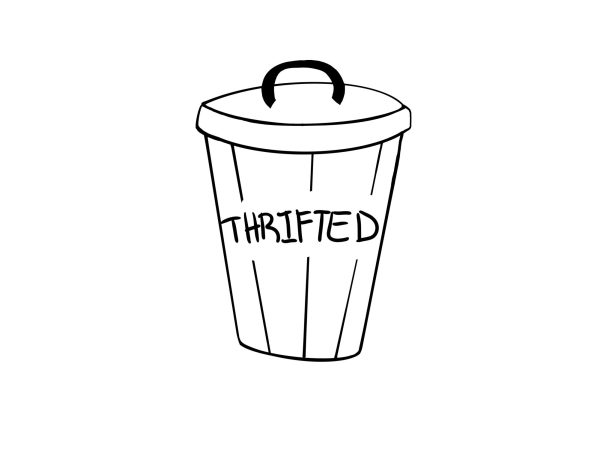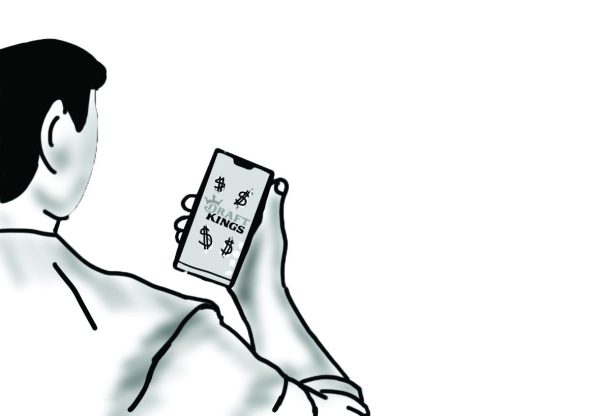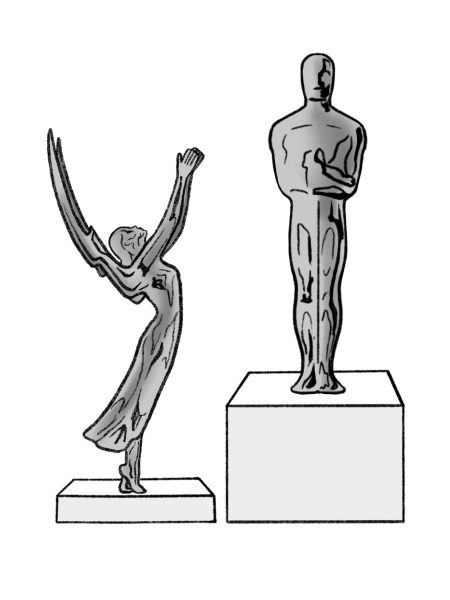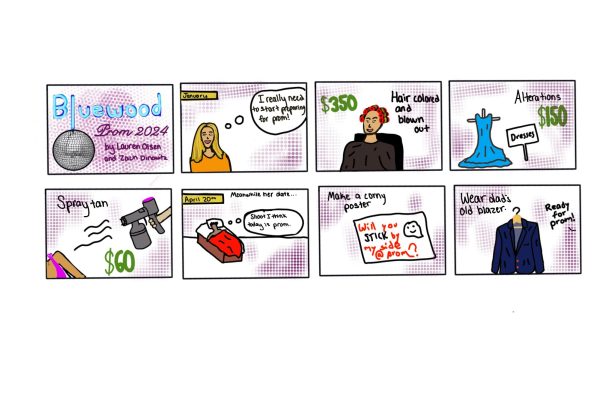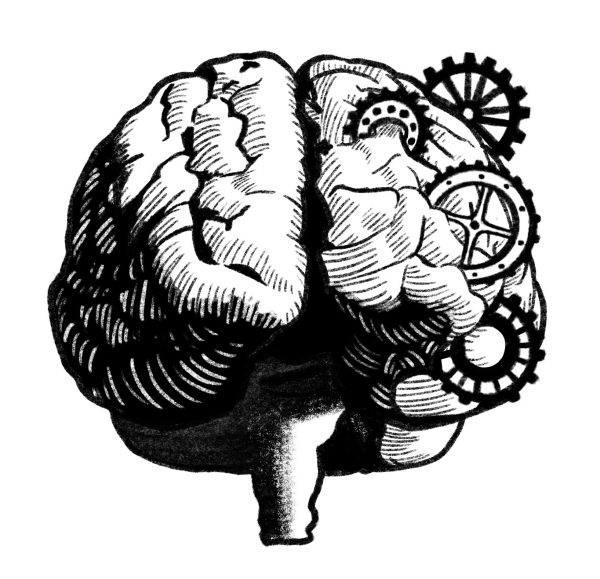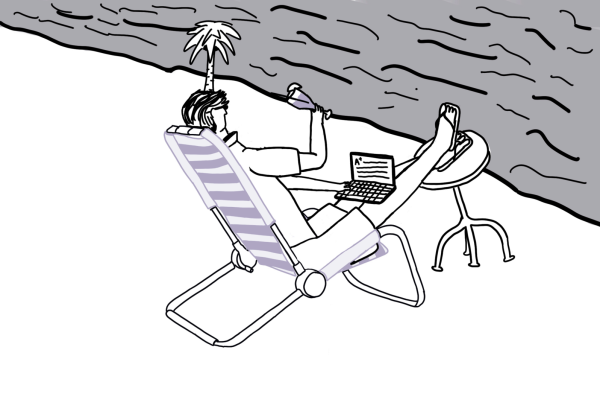America’s unsensible legal drinking age has done more harm than good
March 22, 2023

Many Americans hold the assumption that America’s legal drinking age of 21 years old is the only thing holding back the binge drinking floodgates. However, the opposite is true.
The United States has a relatively high age restriction for drinking. The legal drinking age does not prevent teens from drinking, and according to the American Addiction Center, 70 percent of teens have consumed an alcoholic beverage by age 18, three years before our laws allow the consumption of alcoholic beverages.
The minimum legal drinking age was increased to 21 years of age in the 1980s after intense lobbying of Congress by a group called Mothers Against Drunk Driving. However, increasing the minimum age has proven to be incredibly ineffective in preventing drunk driving. The FBI estimates that around one million drivers were arrested for driving under the influence in 2018.
Furthermore, the U.S. has the third worst rate of drunk driving in the world, with 34 percent of all traffic fatalities involving alcohol. This is far above other countries such as Germany with 9 percent, Russia with 6 percent and China with just 4 percent, all of which have a minimum drinking age of 18 or less.
America’s abnormally high legal drinking age has fostered a culture in which alcohol is seen as forbidden and intriguing, and the rebellious nature of underage drinking makes it even more attractive to many young adults and teenagers. John McCardell, the former president of Middlebury College, advocated for a more sensible approach.
“The U.S. is one of only four countries in the world with a drinking age over 18, and it’s the only country that enforces that drinking age with such rigor …. It’s time for a new approach to drinking and young adults, one that removes the mystique and the rebellion and that treats alcohol as a normal part of adult life,” McCardell said in an interview with ABC News.
McCardell’s call for a better solution would hold great relevance on college campuses. As it currently stands, we have a clear problem with excessive and unsafe levels of drinking at college. A recent survey done at the University of Wisconsin-Madison found that 54 percent of undergraduate students binge drink.
The ridiculously high legal drinking age in the U.S. means that students interested in drinking are left with no choice but to do so illegally in often unsafe environments, hindering them from establishing responsible and safe drinking habits. They are stripped of the opportunity to consume alcohol in a safe and regulated space, such as a bar or restaurant. Thus, students are left vulnerable and have created an environment primed for encouraging binge drinking culture, especially in Greek life, which is a major issue that pervades American college campuses. Every year, over 1,500 college students in the U.S. die from alcohol-related injuries, according to the National Institute on Alcohol Abuse and Alcoholism.
Why is alcohol abuse such a major issue on college campuses? While various factors are involved, one thing is for sure. The increase in the drinking age in the 1980s led to heavier drinking than before. Research done for the Journal of Economic Perspectives found that after the minimum legal drinking age was increased to 21, more college students were drinking to get drunk rather than light drinking compared to students the decade before. It is possible that the stigma around alcohol after it was outlawed contributed to an out-of-control drinking scene at college campuses. While we know that heavy drinking and binge drinking can be incredibly harmful, leading to a variety of potentially deadly health complications, moderate drinking is not necessarily detrimental to your health and can actually have some benefits. According to the Harvard School of Public Health, moderate drinking can be good for the heart, reducing the risk of both heart attacks and cardiovascular disease. The effect is relatively consistent and yields about a 25 to 40 percent reduction of risk. Moderate drinking raises levels of “good cholesterol,” which is likely what leads to these benefits. The science says that moderate drinking is not the problem, so we must direct our attention towards curbing excessive drinking.
The more effective solution to alleviating the damage done by alcohol abuse on college campuses is implementing responsible drinking education. A study of college students done for Addiction Research and Therapy found that those who received alcohol education that emphasized harm reduction and responsible drinking behavior reported fewer negative consequences of drinking. The drinking age of 21-year-olds does little to prevent underage drinking, and we must shift our focus towards providing resources such as alcohol safety education on college campuses.
Another particularly alarming element of the higher drinking age is that there are major inequalities at play with who actually faces the consequences of underage drinking.
Growing up in Marin, countless times I have witnessed and heard about my peers getting away without facing consequences for underage drinking. This bothers me because I know it is just another element of the privilege that my primarily white and affluent peers enjoy, while many do not get the preferential treatment and benefit of the doubt. Law Enforcement tends to be much less forgiving to people of color. According to a study conducted by the American Civil Liberties Union, Black and Latino youth are more likely to be arrested for underage drinking than their white peers, and in some states, Black youth are up to 10 times more likely to be arrested for underage drinking than white youth. Similar to many other of the Reagan-era attempts to crack down on substances, the increased drinking age has disproportionately affected people of color.
Our minimum drinking age of 21 years old has proven to be ineffective at solving the drunk driving epidemic, and has instead opened a can of worms with its use to unfairly target people of color and various other unintended consequences. We must ask ourselves if it really makes sense that as an 18-year-old you can enlist yourself in the military but you cannot take a shot of fireball after a long day of calculus. We must align ourselves with the rest of the western world and lower our legal drinking age to 18 years old. It will ultimately help to establish a safe drinking culture and eliminate the major inequalities associated with the enforcement of the legal drinking age.




